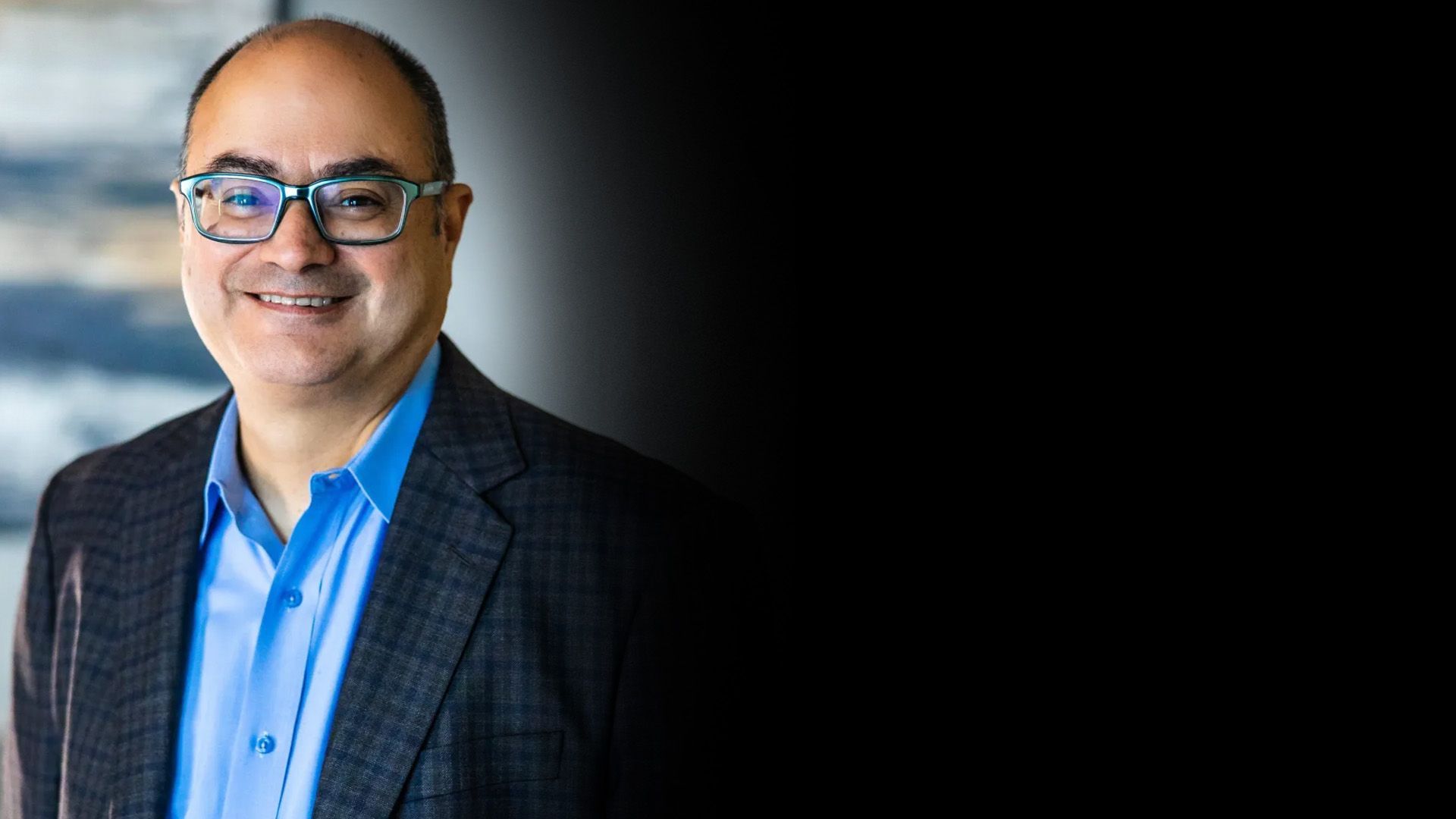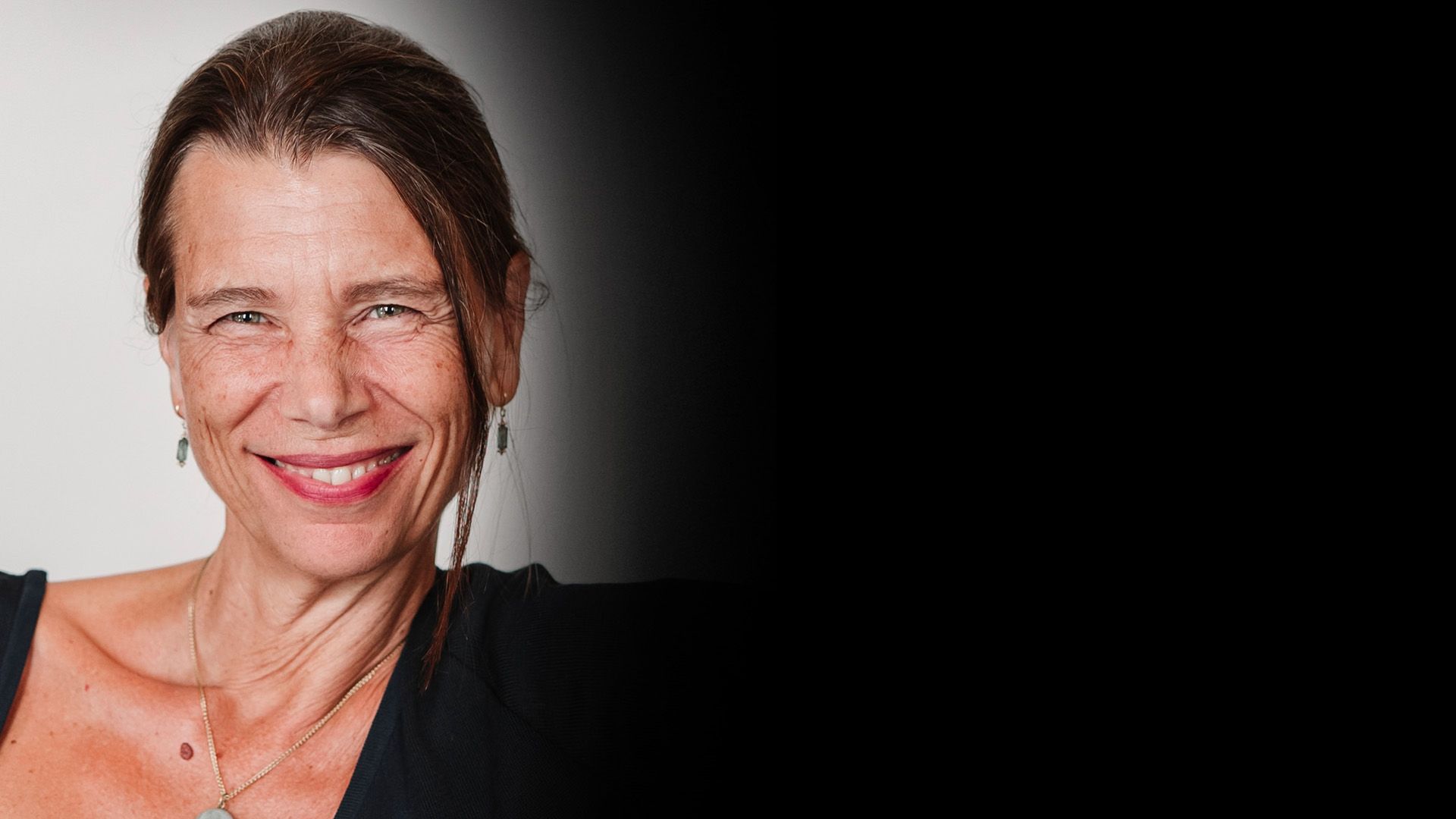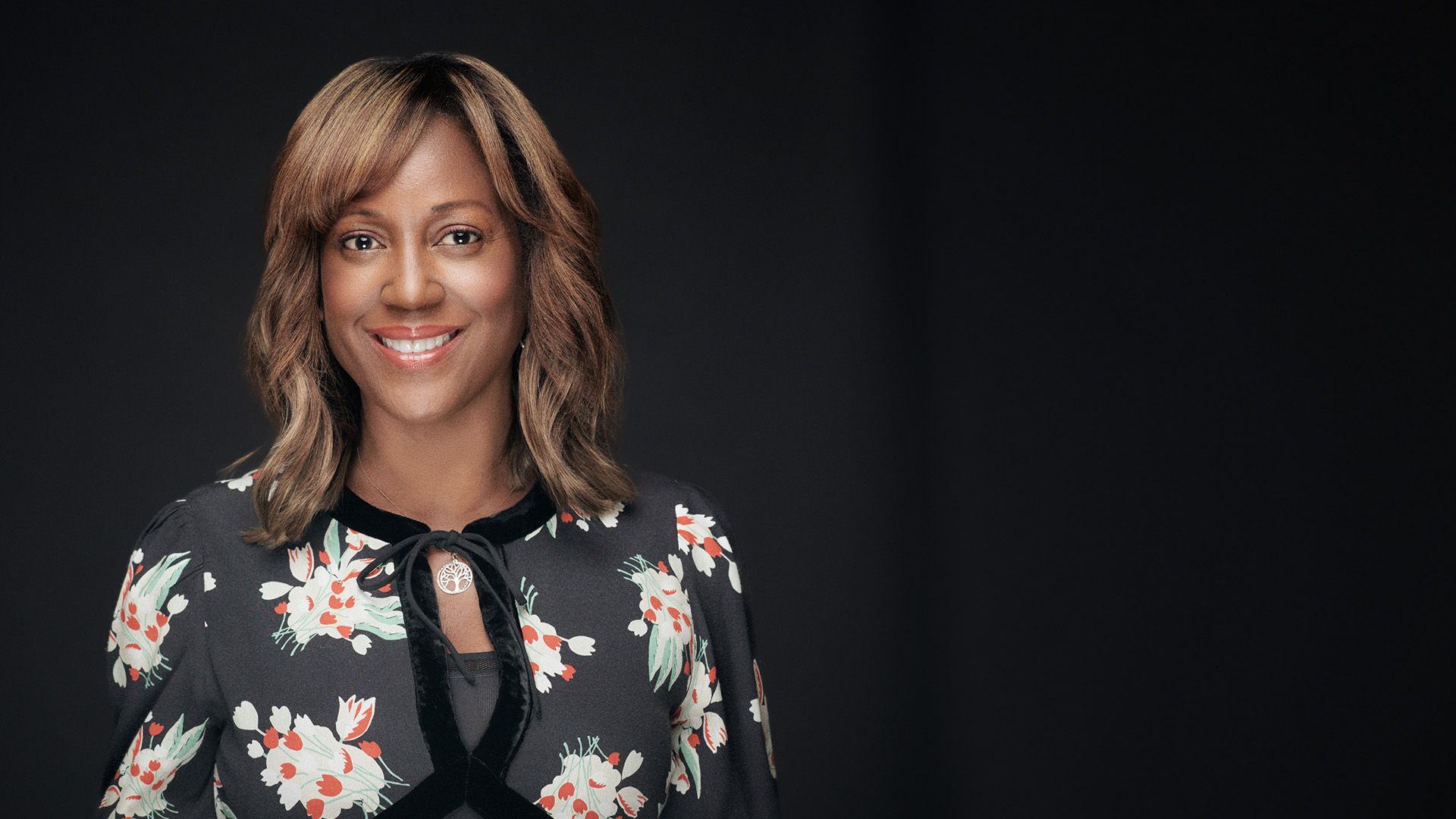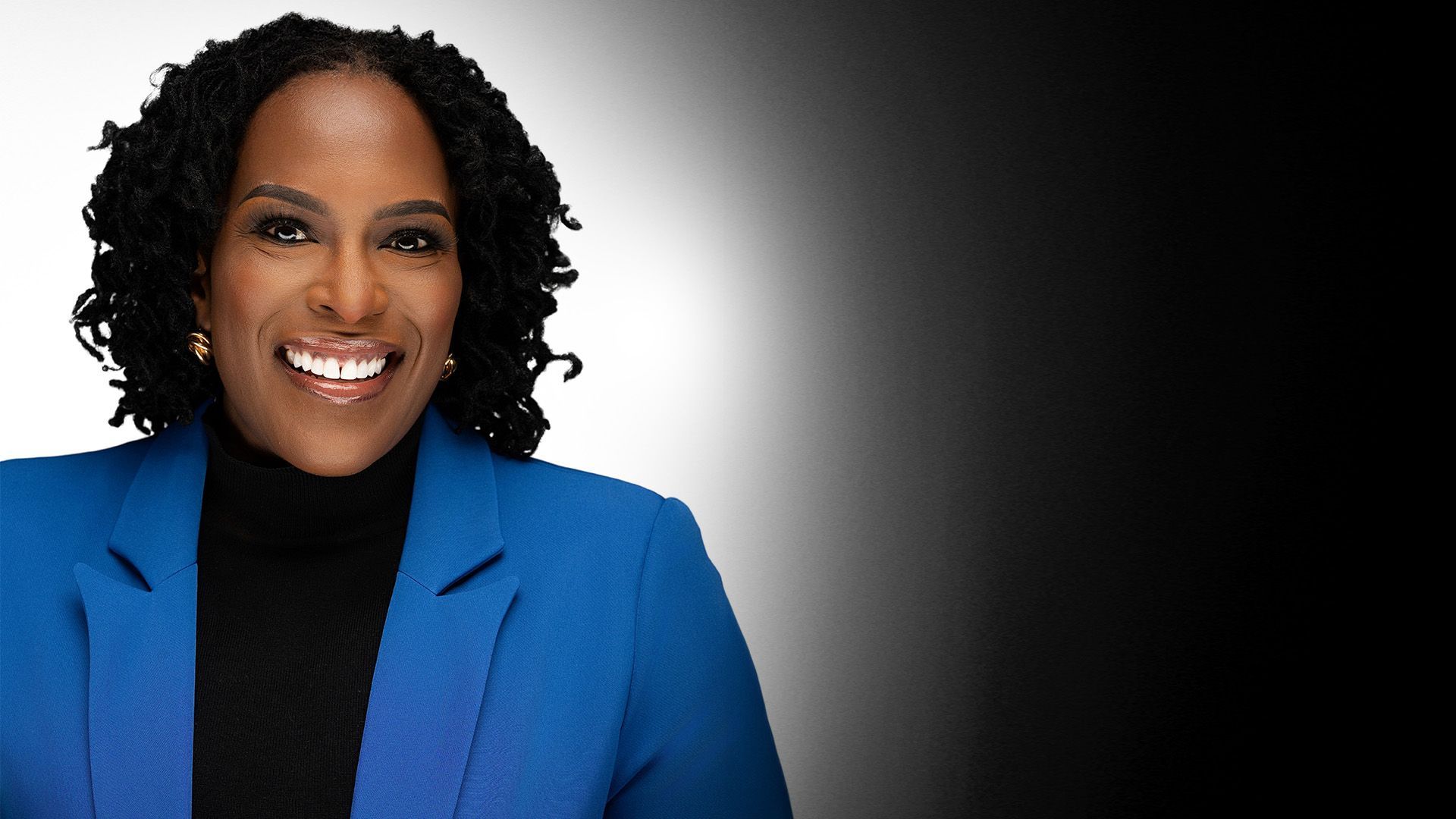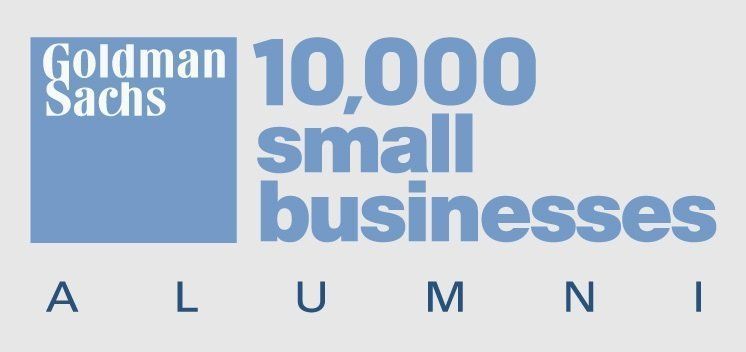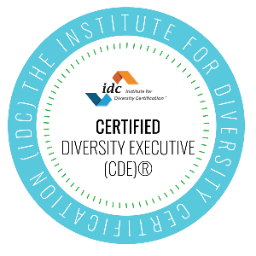DEI Can End Quiet Quitting. Here’s How.
Quiet quitting has taken the business world by storm. It’s a phenomenon where workers are no longer going above and beyond to please employers in the workplace, but instead meeting the minimum requirements as outlined in their job descriptions. While many workers are enjoying the work-life balance, not everyone is okay with workers cruising to the finish line.
Thousands of people are talking about why they chose to quiet quit or how they can stop their employees from doing it. The opinions are widespread on the pros and cons and why it happens at all. From business owners to employees, the Boomer generation to Gen-Z, the deeper issue of quiet quitting comes down to boundaries, work productivity, and work-life balance; or as I like to call it, work-life blend.
What if DEI could be the overlooked solution to slowing down quiet quitting? Today, we’ll explore exactly that. We’ll talk about how DEI can help employees receive greater work-life blend and satisfaction while helping businesses create work environments that address the issues fueling the quiet quitting movement.
The Double Standard Of Quiet Quitting For Marginalized People
I don’t like the phrase “quiet quitting.” I don’t think it has much to do with quitting at all. I think of it more as employees setting boundaries and meeting job expectations. Is self-preservation in the workplace really that bad? The truth is: quiet quitting (or setting boundaries as I like to say) could have disproportionate impacts on folks of color and other marginalized groups.
It’s long been known that marginalized folks such as gender minorities, people of color, and people with disabilities have been perceived as less capable of producing the same quality output as the dominant group.
If a person from a marginalized group chose to quiet quit for self-preservation and work-life blend, would these already existing stereotypes become more prominent? It’s fair to say some marginalized folks don’t have the privilege to quiet quit without it being noticed and used against them in the workplace.
Historically, people of color, gender minorities, and folks with disabilities have been expected to work twice as hard as the dominant group even if they’re exhausted, burnt out, and battling daily microaggressions. Even then, their work can often be overlooked and undervalued.
With the rise of quiet quitting, there’s a risk that if certain groups assert their boundaries and claim their work-life balance, it could further perpetuate stereotypes of racism, sexism, and ableism that keep some groups out of the race for advancement opportunities.
Quiet Quitting Is About A Difference In Values
It’s important to state that owners and managers value certain aspects of being in business that employees may not. Employers may value impact, profit, reach, and sales while employees may value their contribution, impact, balance, and wellbeing. Being honest and open about what motivates each party at work may reveal why there are so many different opinions about quiet quitting.
I’m hearing from business owners in the Boomer generation that those who quiet quit are lazy, slackers, and don’t value “real work” while Millennials and Gen-Zers are embracing quiet quitting as an opportunity to distance themselves from an overbearing work atmosphere and to reclaim their work-life blend.
While different generations may view the issue through different lenses, a few questions remain: Do employees need to revolve their lives around work? Does good work mean more work? Is work-life balance only afforded to those at the top of the hierarchy? Do people feel respected enough to go above and beyond? Or are workplaces leaving some employees feeling underappreciated?
As we ponder these questions, there are some things businesses and employees can think about to help lower the temperature on quiet quitting.
How To Prevent Or Slow Quiet Quitting In The Workplace
If you’re a business owner whose employees are quiet quitting at high rates or you’re an employee who’s on the verge of quiet quitting yourself, there are a few ways DEI can help remedy the situation.
1. Build Trusting, Genuine Relationships Between Leadership And Employees
Part of the emergent quiet quitting trend is the result of employees not trusting their employers to look out for their best interests and needs. The pervasive idea that some employees need to be workhorses at the expense of their physical, mental, and financial wellbeing is harmful to leadership, other employees, and the workplace as a whole. Plus, it can drive some workers to give up on any desire to go the extra mile and focus on self-preservation instead.
In an article recently published by Harvard Business Review, the quiet quitting epidemic is explained as perhaps being more about unresponsive managers than lazy employees. They found that “the least effective managers have three to four times as many people who fall in the ‘quiet quitting’ category compared to the most effective leaders.”
Unconcerned and uncompassionate leadership may be a bigger culprit than previously thought. Shifting from seeing employees as workhorses whose value depends solely on their output to seeing them as individuals with whom you want to develop trusting work relationships may help slow down quiet quitting. The process requires leadership and employees to work together to build the psychological safety to communicate more, listen more deeply, and find a happy medium that maintains output but also fosters employee satisfaction.
2. Allow Employees To Set Boundaries
In DEI, work boundaries and wellbeing are essential topics. If employees feel underappreciated, underpaid, and have few boundaries separating work from their personal lives, it’s a recipe for burnout and underperformance.
While many businesses prefer to hire rockstars who can work 12 hours a day and never complain, know that the average person can’t work to that degree without burning out. Not everyone can or wants to work 10+ hours a day to prove their loyalty to a business.
Workers should feel the safety and freedom to take off early to handle private affairs with their families or take a personal day to recoup and recover from a busy work period. The boundaries between personal time and work haven’t always been respected and may have influenced some workers to quiet quit.
If organizations want to slow down quiet quitting, they have to think about how being more attentive to the boundaries set by employees can help–not hurt–output, work-life blend, and retention.
3. Address The Root Cause: Burnout
If you look underneath the hood of the quiet quitting epidemic, you’ll see massive burnout–people who aren’t sleeping well, are stretched too thin and are not utilizing their PTO.
It’s unrealistic to expect employees to go above and beyond at work when they’re burnt out and exhausted. The challenging part for employers is that not every employee will communicate verbally that they’re struggling. Some will suffer in silence until it’s too late. Fortunately, leadership and fellow employees alike can take a proactive approach and become familiar with the signs of burnout.
If you notice some employees…
- Look physically and emotionally drained
- Isolate themselves in their office or cubicle for hours and days on end
- Become short-tempered and irritable with other employees
- Seem to be out sick more frequently than usual
…then, the employee may be burnt out and in need of some R&R, even if they don’t ask for it. Make it a mission to encourage employees to use their PTO and sick days even if it’s for personal rest. The goal is to support employees who may not be able to advocate for themselves and help them feel like they have an ally who’s got their back.
Additionally, if people are working 40+ hours every week and feel the need to work more hours to make ends meet, perhaps their pay is too low. The pay gap is still an issue for women, racial minorities, and folks with disabilities. Low pay and too many hours can easily cause someone to burn out and quiet quit as a way to preserve their energy, time, and wellbeing.
4. Foster An Inclusive, Compassionate Work Environment
For some employees, quiet quitting is a response to a challenging, uncomfortable, or unwelcoming workplace. Why would any person work harder in a place where they don’t want to be? If the workplace were more compassionate, inclusive, and met their needs, wouldn’t they be more inspired to stick around and do their best? I think so.
Managers and leaders should work to create an environment where people feel accepted, understood, and supported. There are several ways organizations can create physically inclusive spaces.
However, building an inclusive cultural environment is just as important as an inclusive physical environment. Leadership should think about how to foster healthy work cultures where people feel comfortable showing up fully and where their gender, race, ability, or sexuality are seen, respected, and embraced. Only when folks feel seen and respected will they be willing and eager to stick around and do their best at work.
5. Be Transparent And Set Expectations About The Company Culture And Job Requirements
Quiet quitting is forcing some employees to be self-reflective about their work situation, their needs, and desires. It’s empowering for them to leverage their agency and take control of their energy and work output.
However, where there are pros, there are cons. One con is that quiet quitting could backfire on employees who are in non-recession-proof roles. With the recession looming, it’s important for employees who have bought into quiet quitting to think twice about the message they may be sending to leadership and to be very clear about their job expectations before accepting new employment.
The last time I checked, companies are still hiring people who would willingly go above and beyond. They aren’t hiring those who are average or are producing mediocre results. The reality is that competition in the marketplace still exists and the mentality of hiring the best person for the job will continue to win out in the minds of many recruiters and managers.
I believe in transparency in the workplace. It’s critical to communicate the expectations of the role before employees accept offers. Having that transparency allows both potential employees and employers to decide if the role will be too taxing or right on par with an employee’s productivity level and work-life blend.
Companies have to make sure that the right role will be met by a person who is willing to do the work. The more informed everyone is about the roles and expectations, the better the outcome and perhaps the less likely it will be that someone quiet quits.
Final Thoughts
Employees have choices just like employers. The quiet quitting movement is all about employees choosing to slow down, set boundaries, and step away as employers overlook their need for work-life balance. But it doesn’t have to be that way.
It takes organizations and individuals working together to look at the underlying motivations for quiet quitting and then collaborate to build a workplace that addresses both parties’ needs. Only through productive conversations, trust-building with leadership, and actionable DEI change will we see a decline in quiet quitting.
